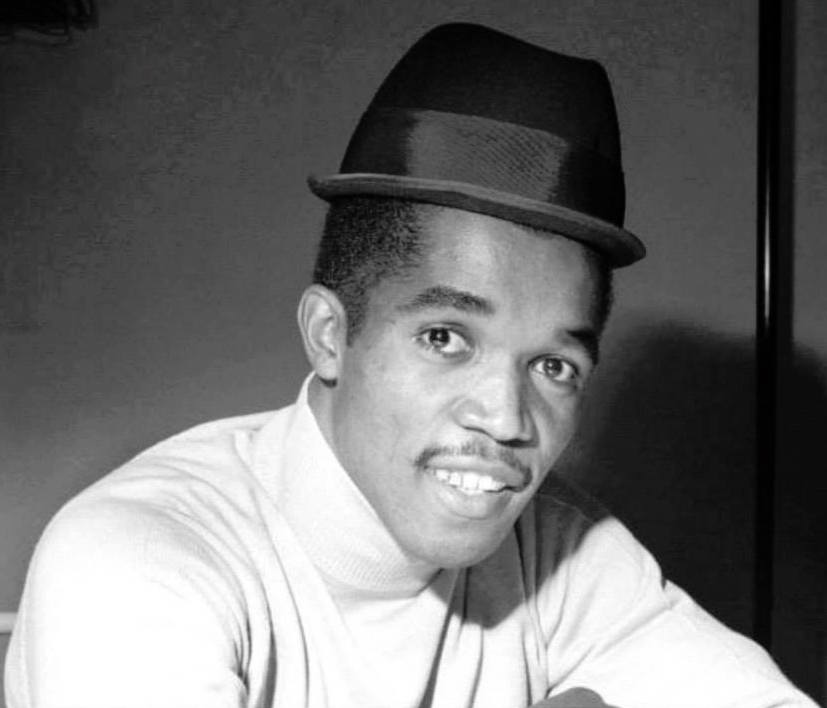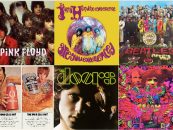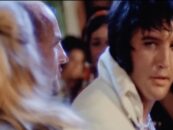
Prince Buster in an undated photo via his Facebook page
Cecil Bustamente Campbell, better known as Prince Buster, died September 8 in Florida at age 78. Born in Jamaica, Prince Buster was one of the most important figures in the ska and rocksteady movements that later evolved into reggae. His music was particularly influential in the U.K., where a ska revival took root in the late ’70s and ’80s: Groups like the Specials, Madness and the Selecter revered Prince Buster—whose stage name was an adaptation of his middle name, Bustamente—and covered his songs, adding a punk-informed energy to the danceable beat. The cause of Buster’s death was, according to published reports, complications from a stroke.
Influenced himself by American R&B, Buster, who was also an accomplished boxer, first sang publicly in Jamaica in the 1950s, then became involved with producer Clement “Coxsone” Dodd, running sound systems (DJ collectives playing ska and rocksteady for dancers) and taking part in the business aspect of Dodd’s empire, including security. Buster left Dodd to start his own sound system, Voice of the People, and from there graduated to recording his own music. Emphasizing the afterbeat in the rhythm, in 1961, Campbell released his first single “Little Honey,” under the name Buster’s Group, then continued to record prolifically throughout that decade. His 1963 ska single, “Madness,” provided both a name and theme song to the later British group. Other hits included “One Step Beyond” (also recorded by Madness) and “Al Capone.” Buster reportedly recorded hundreds of songs during his career.
Listen to Prince Buster’s rocksteady cover of the Beatles’ “All My Loving”
In 1964, Campbell met Muhammad Ali and converted to Islam. As his popularity grew outside of Jamaica, his upbeat style caught on among British youth and he performed in England and America. When ska gave way to rocksteady, Campbell remained at the forefront of the new style. He appeared in the hit early ’70s film The Harder They Come as a DJ and later that decade, even as his own popularity as an artist began to decline, he saw the music he had helped to pioneer give rise to the aforementioned revival, centered around groups recording for the 2-Tone label in England. The Specials covered his song “Too Hot” and the Beat (a.k.a. the English Beat) adapted a couple of his songs as well.
Prince Buster moved to Florida in the ’70s and performed and recorded sporadically after that.Rest In Peace the mighty king of ska, Prince Buster, Voice of the People: an inspiration, a legend and a great man. pic.twitter.com/RK8kxYY2Vw
— Trojan Records (@trojanrecords) September 8, 2016







No Comments so far
Jump into a conversationNo Comments Yet!
You can be the one to start a conversation.